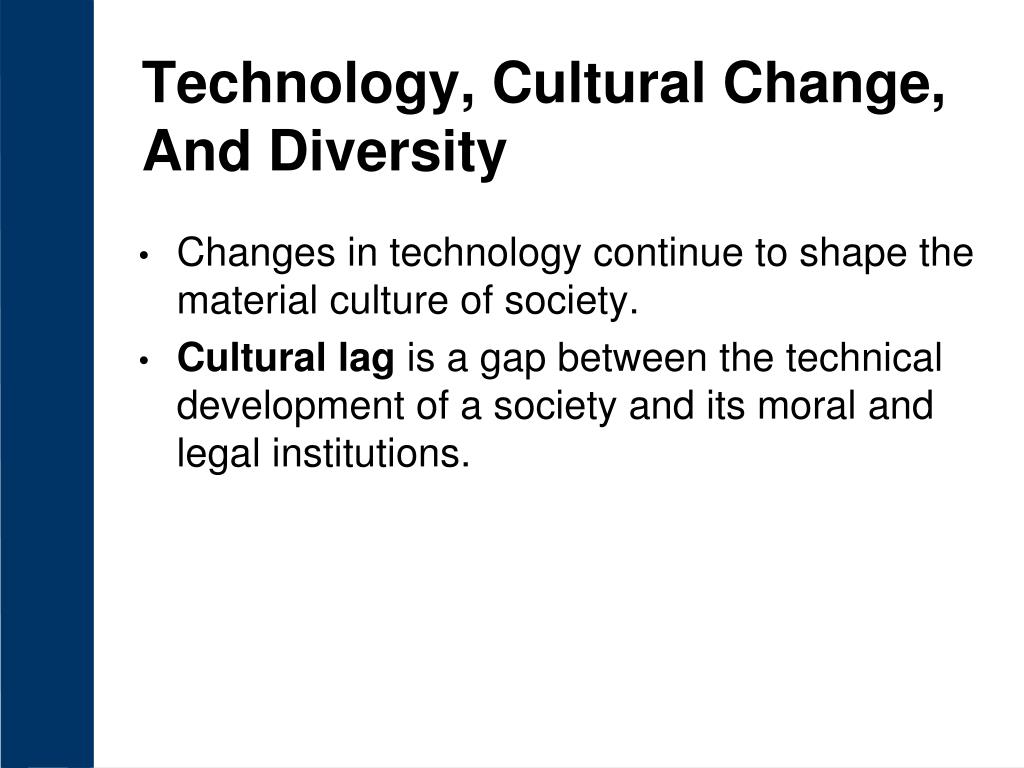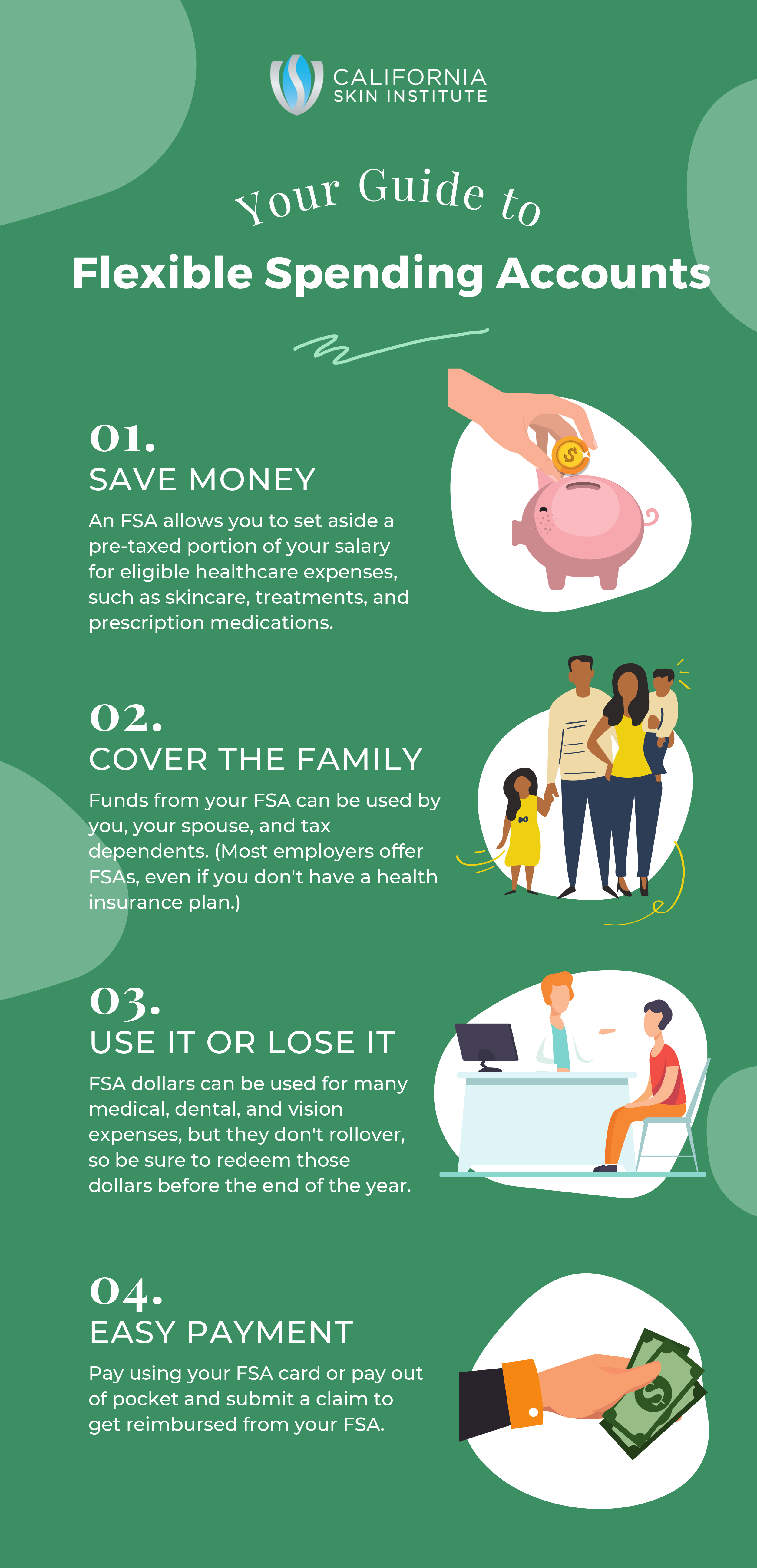Finance Internship Guide: Securing Your First Step Into the Industry
Finance internship guide: secure your first step into the industry
Land a finance internship can be the critical first step toward a successful career in the financial industry. These coveted positions provide invaluable experience, industry connections, and oftentimes serve as a direct pipeline to full-time employment opportunities. Nonetheless, with fierce competition for limited spots, you will need a strategic approach to stand out from other candidates.
Understand the finance internship landscape
Finance internships span various sectors include investment banking, asset management, corporate finance, financial planning, private equity, and more. Each area offer distinct experiences and career trajectories.
Most finance internships fall into these categories:
-
Investment banking
work on mergers, acquisitions, and capital raising activities -
Asset management
help manage investment portfolios for individuals or institutions -
Corporate finance
assist with financial planning, analysis, and strategy for corporations -
Private equity / venture capital
support investment decisions in private companies -
Commercial banking
learn about lending, credit analysis, and relationship management -
Financial planning
help develop financial plans for individuals or businesses
Understand these distinctions help you target applications to areas align with your career goals and strengths.
When to apply for finance internships
Timing is crucial when apply for finance internships. Large financial institutions, specially investment banks and asset management firms, oftentimes recruit for summer internships 6 9 months in advance.
The typical recruitment timeline look like this:
-
Early fall
applications open for summer internships at large firms -
October December
first round interviews and assessments -
January February
final interviews and offer extend -
Summer
internships typically run 8 12 weeks
Smaller firms and boutique financial companies oftentimes have more flexible timelines and may recruit closer to the internship start date. Yet, it’s best to begin your search other to maximize opportunities.
Build the perfect finance resume
Your resume is your first impression on potential employers. For finance internships, focus on these key elements:
Education and academic achievements
Finance employers typically value strong academic performance. Include:
- Your GPA (if 3.0 or higher )
- Relevant coursework (accounting, finance, economics, statistics )
- Academic honors or scholarships
- Finance relate research projects
Relevant experience
Flush without previous finance internships, you can highlight transferable skills:
- Leadership positions in student organizations
- Part-time jobs demonstrate responsibility and work ethic
- Volunteer work involve financial management
- Case competitions or investment club participation
Technical skills
Finance roles progressively require technical proficiency. Emphasize your skills with:
- Excel (especially financial modeling and formulas )
- Financial analysis software (bBloomberg fFactset capital iIQ)
- Programming languages (python, r, sSQL)
- Data visualization tools
Certifications and additional training
Consider pursue relevant certifications to demonstrate commitment:
- Bloomberg market concepts (bBMC)
- Financial modeling courses
- Excel certification
- Progress toward CFA level i (for juniors / seniors )
Craft a compelling cover letter
While resumes provide a snapshot of your qualifications, cover letters allow you to tell your story and express genuine interest in the firm and role.
Key elements of an effective finance cover letter
-
Targeted opening
address the specific firm and position -
Demonstrate research
show knowledge of the company’s recent deals, culture, or strategic focus -
Clear value proposition
explain what you bring to the table -
Specific examples
highlight relevant achievements with quantifiable results -
Genuine interest
articulate why you’re passionate about finance and this specific sector
Avoid generic templates. Each cover letter should be customized to the specific firm and role you’reappliedy for, demonstrate your research and genuine interest.
Leverage your network
In finance, who you know can be arsenic important as what you know. Network remain one of the virtually effective ways to secure internship opportunities.
Build your finance network
-
Alumni connections
reach out to graduates from your school work in finance -
LinkedIn
connect with professionals in your target firms and request informational interviews -
Professional associations
join organizations like the financial management association -
Campus events
attend recruit events, career fairs, and company presentations -
Professors
seek introductions from finance faculty with industry connections
Conduct effective informational interviews
Informational interviews can provide insider knowledge and potentially lead to referrals. When request these conversations:
- Be specific about your request (15 20 minutes of their time )
- Come prepared with thoughtful questions about their career path and current role
- Follow up with a thank-you note
- Maintain the relationship with occasional updates
Remember that networking is about build genuine relationships, not equitable ask for favors.
Utilize university resources
Your university potential offer numerous resources to help secure finance internships:
-
Career services
resume reviews, mock interviews, and job boards -
Finance clubs
student run organizations oftentimes have connections with employers -
Finance specific career fairs
many schools host industry specific recruitment events -
Alumni databases
access to graduates work in your target firms -
Professor office hours
faculty oftentimes have industry connections and insights
Take full advantage of these resources, as many firms recruit direct through university channels.
Master the finance interview
Finance interviews typically include both behavioral questions and technical assessments.
Behavioral interview preparation
Prepare stories that demonstrate:
- Leadership experience
- Teamwork abilities
- Problem solve skills
- Attention to detail
- Work ethic and resilience
- Interest in financial markets
Use the star method (situation, task, action, result )to structure your responses.
Technical interview preparation
Depend on the role, prepare for questions on:

Source: biginternships.com
- Financial statements and accounting principles
- Valuation methodologies (dDCF comparable companies, precedent transactions )
- Financial modeling concepts
- Market knowledge and current events
- Basic finance concepts (time value of money, risk / return, etc. )
Investment banking specific questions
For investment banking internships, be prepared for:
- Walk me through a DCF analysis
- How do the three financial statements connect?
- What happens when depreciation increase by$100?
- Why would a company choose debt over equity financing?
- Pitch me a stock
Asset management specific questions
For asset management roles, expect:
- How do you evaluate a potential investment?
- Explain your investment philosophy
- How would you construct a portfolio for a client with specific objectives?
- What metrics do you use to assess risk?
- How do you stay informed about market developments?
Alternative paths to finance experience
If your ststruggledo land a traditional finance internship, consider these alternatives:
Finance adjacent roles
-
Corporate development
At non-financial companies -
Business analyst
Positions with financial components -
Financial operations
Roles at technology companies -
Consulting
Projects involve financial analysis
Create your own experience
-
Student manage investment funds
At your university -
Finance research assistant
Positions with professors -
Financial analysis projects
For local businesses or non-profits -
Independent investment portfolio
Management (document ) -
Finance focus case competitions
Off cycle and virtual internships
Consider:
- Spring or fall semester internships (less competitive than summer )
- Part-time remote finance roles
- Virtual finance programs offer by major firms
- International opportunities (which may have different recruitment cycles )
Make the most of your finance internship
Once you havsecuredre an internship, maximize the experience:

Source: paysafe.com
Before the internship
- Brush up on technical skills (excel, financial modeling )
- Research the company’s recent deals or initiatives
- Connect with current or former interns
- Understand the dress code and culture
During the internship
-
Be proactive
ask for additional projects when you complete assignments -
Seek feedback
request regular check ins with your manager -
Build relationships
network across departments and levels -
Document achievements
keep track of projects and quantifiable results -
Ask questions
demonstrate curiosity and eagerness to learn
Convert to full-time offers
Many firms use internships as a pipeline for full-time hiring. To increase your chances of receive an offer:
- Treat every assignment as if it’s crucial (because it might be )
- Demonstrate both technical aptitude and cultural fit
- Express clear interest in return full-time
- Maintain professionalism throughout the internship
- Build relationships with decision makers
Finance internship resources
Job boards and websites
- LinkedIn jobs (filter for finance internships )
- So
- Handshake (if your university use it )
- Layup
- Efinancialcareers
- Company career pages
Books and guides
- ” vVaultguide to finance interviews ”
- ” iInvestmentbanking: valuation, leveraged buyouts, and mergers & acquisitions ”
- ” bBreakinto wWall Street” uides
- ” tThecomplete guide to capital markets for quantitative professionals ”
Online courses and certifications
- Wall Street prep financial modeling
- Bloomberg market concepts
- Financial edge training
- LinkedIn learning finance courses
- Coursera financial markets courses
Overcome common challenges
For students without finance backgrounds
If you’re come from a non finance major:
- Take additional finance or accounting courses
- Complete online financial modeling training
- Join finance focus student organizations
- Emphasize transferable analytical and quantitative skills
- Demonstrate genuine interest through independent learning
For students at non target schools
If your university isn’t a traditional recruiting target for major firms:
- Network sharply with alumni in finance
- Attend industry conferences and events
- Consider transfer or graduate programs at target schools
- Develop exceptional technical skills to stand out
- Look for regional opportunities that may be less competitive
For international students
If you’re faced visa restrictions:
- Research firms with a history of sponsor international students
- Consider internships with international offices of global firms
- Utilize your university’s international student services
- Highlight language skills and international perspective as assets
Conclusion
Secure a finance internship require persistence, preparation, and strategic networking. Start other, leverage all available resources, and customize your approach for each opportunity. Remember that each application, interview, and network conversation is a learn experience that bring you conclude to your goal.
The finance industry will value determination and resilience — qualities you will demonstrate through a thoughtful internship search. With the right preparation and mindset, you can secure an internship that launch your finance career and provide invaluable professional experience.
By will focus on build relevant skills, will create a compelling application, will leverage your network, and will prepare soundly for interviews, you will maximize your chances of will land the finance internship that will align with your career aspirations.
MORE FROM nicoupon.com













